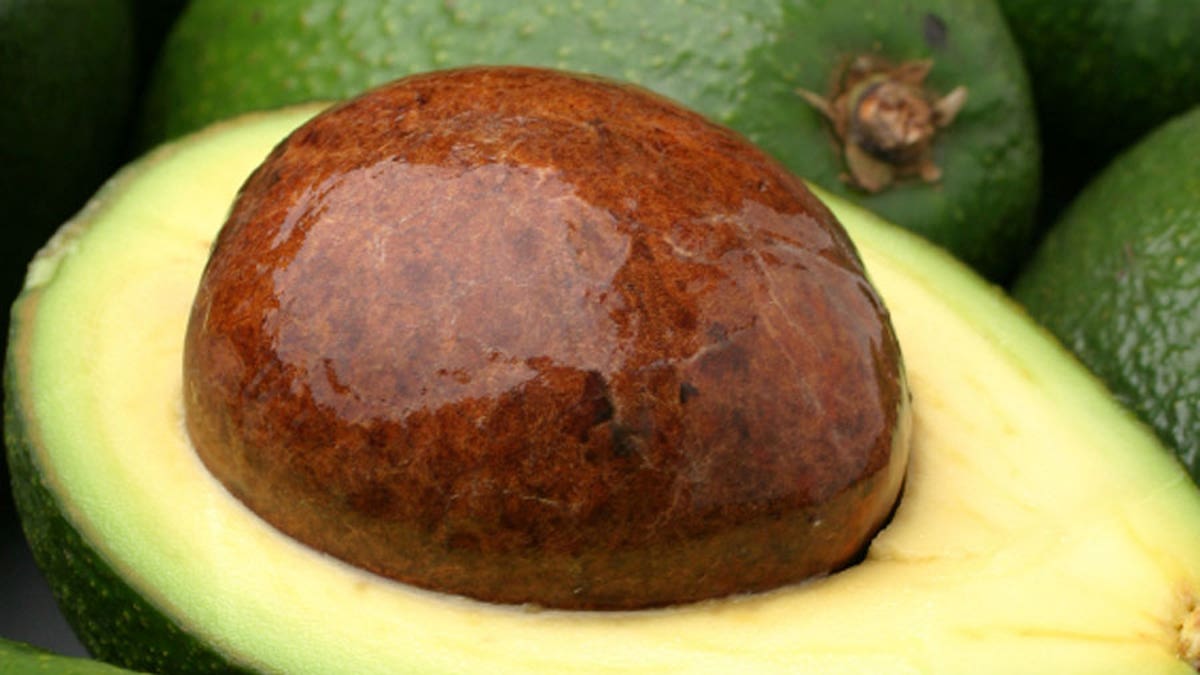
(iStock)
The monounsaturated fats found in vegetable oils, nuts and avocados can help boost a person's "good" cholesterol levels when added to an overall diet that curbs "bad" LDL cholesterol, a study published Monday suggests.
The findings, from a study of 24 adults with moderately high cholesterol, add to evidence that monounsaturated fats may be an important ingredient in a generally heart-healthy diet. Most famously, the traditional Mediterranean diet -- rich in monounsaturated fats from olive oil and nuts, but low in saturated fat from meat and dairy -- has been linked to a decreased risk of heart disease.
Clinical trials have also suggested that Mediterranean-style eating can cut the odds of developing diabetes and metabolic syndrome, a collection of heart disease risk factors that includes high blood pressure, abdominal obesity and low levels of "good" HDL cholesterol.
For the new study, reported in the Canadian Medical Association Journal, researchers tested the effects of adding monounsaturated fats to a high-fiber vegetarian diet that had previously been shown to curb LDL cholesterol in adults with elevated levels.
Dr. David Jenkins and colleagues at the University of Toronto and St. Michael's Hospital in Ontario, Canada, had 24 patients with high cholesterol spend one month on a standard low-saturated-fat diet prescribed for cholesterol-lowering.
Participants then spent another month on the vegetarian diet; but half were randomly assigned to replace 13 percent of their daily carbohydrates with monounsaturated fats -- in the form of sunflower oil and, if they wanted, avocados.
At the end of the month, both diet groups showed a similar reduction in LDL cholesterol, of about 20 percent. The total LDL reduction over the two months -- the standard cholesterol-cutting diet, plus the vegetarian ones -- was 35 percent in both groups, comparable to the benefits that have been seen with cholesterol-lowering statin drugs.
However, the monounsaturated-fat group also showed an average increase in HDL cholesterol of about 12 percent, whereas the comparison group showed no change overall. The former group also had a reduction in levels in C-reactive protein, a marker of inflammation in the blood vessels that has been associated with heart disease risk.
The combination of the vegetarian diet and a dose of monounsaturated fat "did exactly the thing you want" when it comes to cholesterol levels, Jenkins said in an interview.
That, he said, is good news for people with high cholesterol "who want to give diet a serious try before resorting to medication."
Jenkins acknowledged that since study participants followed a tightly controlled vegetarian diet, with the foods provided for them, people's results in the real world may vary.
However, he also said that components of the study diet should be relatively easy to follow.
Jenkins suggested that people replace some of their highly refined carbohydrates -- like white bread and processed snack foods -- with monounsaturated fats from nuts, avocados and olive oil.
But the fats are not a magic bullet, and overall eating habits are key. In this study, the vegetarian diet included plenty of cholesterol-lowering soluble fiber (10 grams for every 1,000 calories) -- from sources like oatmeal and psyllium -- as well as soy milk and soy-based meat alternatives,almonds and margarines containing plant sterols, which can help lower LDL cholesterol.
Again, Jenkins said, adding some of those foods in place of refined carbohydrates and sources of saturated fat should be feasible for most people.
For its part, the traditional Mediterranean diet is not vegetarian. It is generally low in red meat and dairy, but is rich in fish, vegetables, whole grains, legumes, nuts and olive oil.
"These diets," Jenkins said, "don't have to be grim."
The study received funding from the Canadian government and the Canadian supermarket chain Loblaws. Jenkins and some of his co-researchers have served as consultants for, or received research grants from, various drug companies, nutritional supplement makers and the food industry, including Kellogg, Quaker Oats and the Almond Board of California.







































